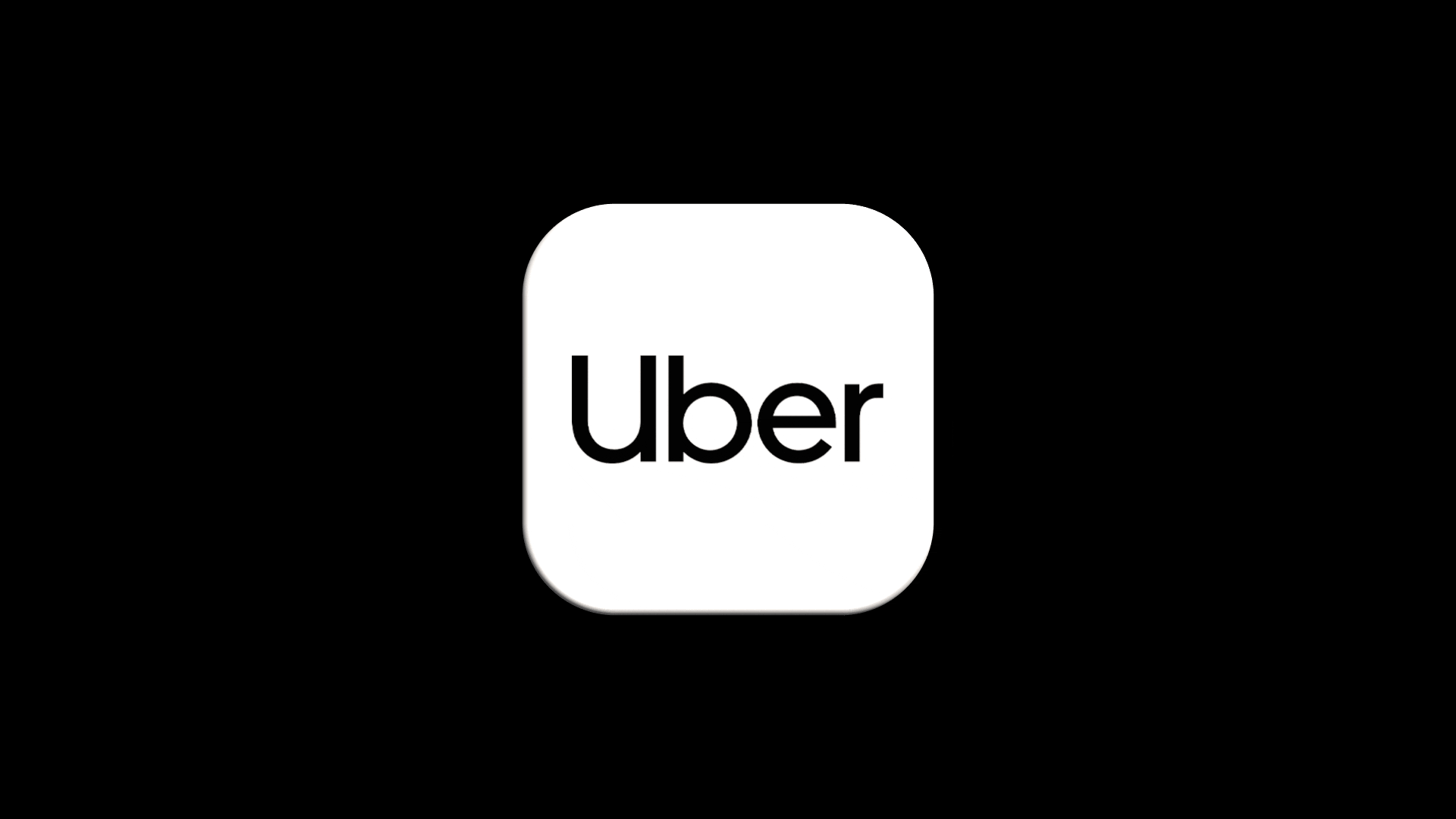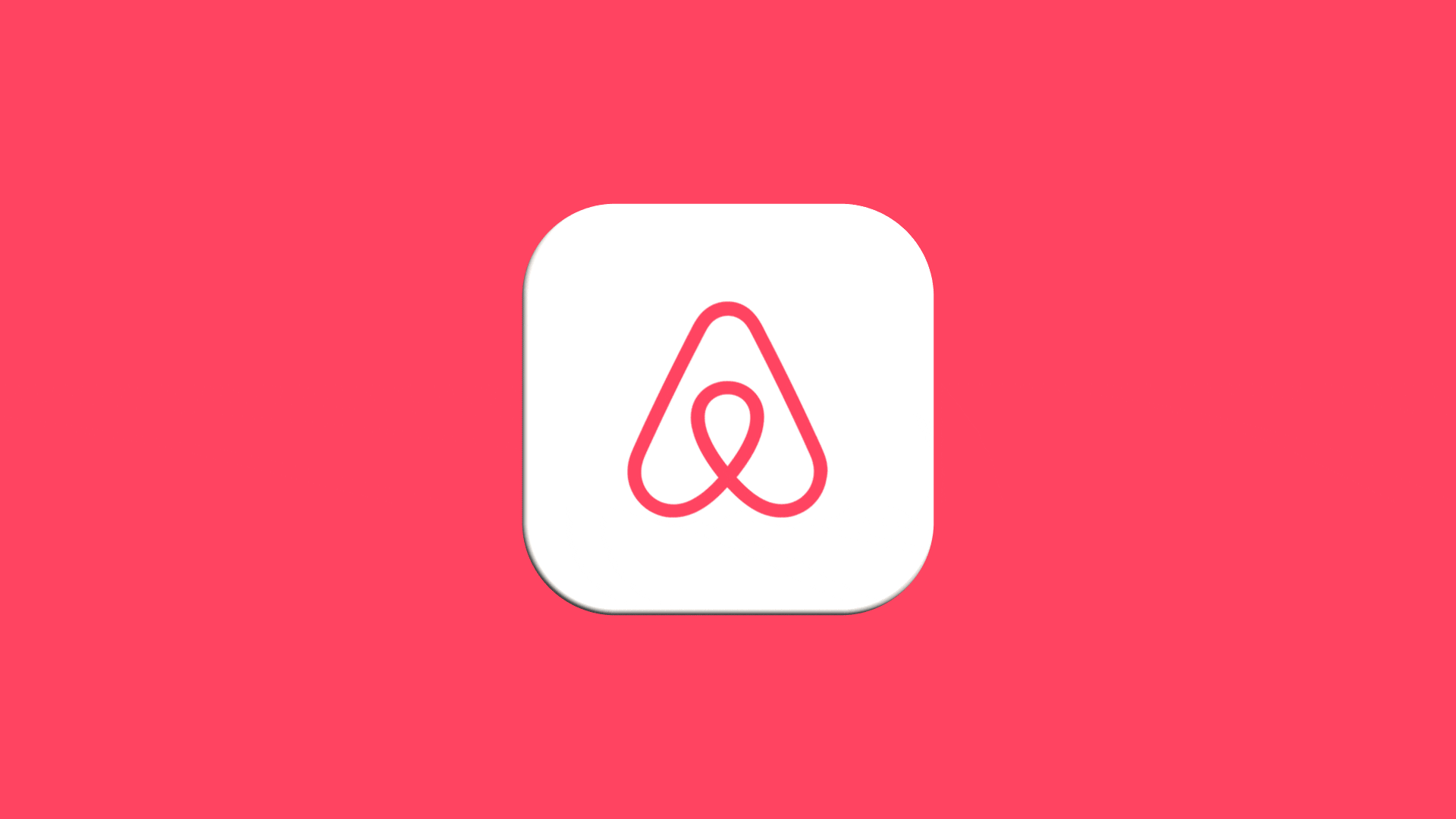The Holy Trinity of Modern Digital Decline (Part 1): Enshittification 💩
Once, the internet felt like a digital frontier – a wild, uncharted outback full of possibility. Nights disappeared on MSN Messenger. Napster blew open the gates of music. MySpace was exactly that, your space – your friends, your design, your identity.
It was beautifully chaotic – unpredictable, human, and thrilling. The web wasn't a service as we know it today. It was a forest you wandered through, paths forming as you explored, leaving your mark on the map if you chose to.
Then came order. The winding paths grew clearer. Everything became faster, smoother, easier – but the soul remained. Behance became a showcase for hidden talent. Reddit grew into a global hub for communities. YouTube bypassed the broadcast gatekeepers and handed the mic to the masses. The web still felt alive – still ours.
Then the fences rose. What was once open terrain became a network of walled gardens. Every path led to a checkout. The web stopped feeling like something we built together and started feeling like something built around us.
This devolution is what I’ve framed as the Holy Trinity of Modern Digital Decline:
Enshittification – the deliberate process by which platforms that start out user-friendly gradually degrade their own experience to extract more attention, data, and money from users.
Reverse improvement – the art of "upgrading" (without asking) the things we love in ways that add friction and frustration.
Dead Internet Theory – the unnerving suspicion that much of what you see online isn't human, that the web is becoming a museum of ghosts and bots.
Together, they explain how the world wild web was fenced off, landscaped, and paved over to make way for a retail park with a parking app that barely works.
So we begin part 1 of this series with enshittification, a term coined by Cory Doctorow in his book of the same name. I'll break down how a few once-great platforms start generous, then slowly devour themselves. What began as free and easy becomes rigid and joyless. We stay, not out of enjoyment, but because leaving feels impossible. The product's too sticky.
Note 🚨: The concepts in this series aren’t mine. While I’ve packaged them up, they’re existing ideas that I’m unpacking to explore how the modern web lost its way.
Meta: From Connection to Captivity
Once upon a time, Meta’s kingdom felt alive. Facebook showed you friends, not content. Instagram, though curated, offered snapshots of real life – people you knew or at least admired. Everything felt social, personal, and unfiltered. Even if we did take twenty photos of our breakfast to get the lighting and angle just right.
Then came the algorithms. The promise sounded harmless: to show you what matters most. In practice, it meant a machine began deciding what we should care about. Feeds shifted from connection to a mathematical stream of outrage, misdirection, and noise. Friends gave way to influencers, and posts to promotions. The soul drained out one subtle engagement tweak at a time.
Today, Meta’s empire feels less like a social network and more like a behavioural casino. Every scroll is a spin of the wheel, fine-tuned to keep you there just a moment longer. Facebook’s feed is like walking through IKEA – you’re forced along the path they’ve built, passing endless distractions and traps along the way. Instagram feels like showing up to a party where all your friends have left; what remains is a cavernous echo chamber, carefully curated to keep you scrolling – like flirting with someone only to find out they’re already taken. And while Threads was a welcome alternative to Elon’s X, it’s largely a void of humanity – populated by personalities and personas rather than people. WhatsApp at least still seems OK – for now.
The saddest part is that Meta knows full well its algorithms make users less happy but more engaged – and engagement, not well-being or community, is the real motivation. Meta didn’t decay by accident; its business model depends on harvesting our time and extracting our data. Essentially, we’re all bees, the feed is the hive, and Meta’s selling our honey to fatten their stock price.
Uber: From Disruption to Dictatorship
Uber began as a kind of urban miracle. You tapped your phone, and a car eventually appeared. You even knew roughly how long you’d wait. Drivers were polite, prices were low, and you didn’t have to stand in the gutter waving like a crazy person at midnight.
But the miracle was a mirage and quickly faded. Those bargain rides were financed by venture capitalists treating losses as a marketing budget. The idea was simple: undercut cabbies, dominate the market, then become the thing you replaced. And it stuck.
Fast forward, and Uber has gone from promise to tiered compromise. The once-sleek app now looks like a digital bazaar masquerading as choice: Uber X, Uber Black, Uber Comfort, Uber GoFuckYourself. Surge pricing ensures your usual £8 ride can jump to £28 if it’s raining, Friday night, or Mercury is in retrograde.
Drivers, once promised flexibility and autonomy, are now squeezed by shrinking pay and unpredictable metrics. Passengers face higher fares, unnecessary tiers, and wild inconsistencies from trip to trip – from cleanliness to whether the driver remembers your preferred route. Nobody benefits except Uber and its shareholders.
Uber did disrupt an industry that badly needed shaking up, but it didn’t have to burn it down and rebuild a walled dictatorship impossible to escape. Essentially, we’re back where we started. The app is still useful, sure, but all we have to show for this supposed innovation is a shiny interface and the ability to dodge a grubby backseat and a driver who forgot their deodorant – as long as you remember to upgrade, anyway. Sometimes I’m just happy there’s even a working seatbelt.
Airbnb: From Cute to Cut-throat
Airbnb arrived like a revelation for travelers tired of soulless hotel chains. You could rent an actual flat in a real neighborhood – sleep where locals lived, shop where they shopped, drink where they drank. Hosts left welcome notes, local tips, sometimes a bottle of wine. The price was fair, the experience felt authentic, and you got to live like a Parisian or a Brooklynite for a week, not just observe them from a tour bus.
For a while, it was transformative. Whether you stayed with a host or had the whole place to yourself, it felt personal. Properties had character – exposed brick, vintage furniture, quirky artwork that told a story. You weren't just booking accommodation; you were stepping into someone's life, trusted with their space. Travel became richer, more textured, more real.
Then the experience curdled. Those charming flats were replaced by sterile properties that all looked identical – the same grey sofas, the same cringe signage, the same soulless minimalism, the same Nespresso machine with not enough pods. The hosts disappeared too, replaced by faceless property managers who sent automated messages and enforced rules like you're a teenager whose parents went away for the weekend.
The costs exploded too. What looked like a £60-a-night bargain became £160 after a litany of extra charges that would make any budget airline blush. Then came the chores: strip the beds, take out the bins, start the dishwasher, water the plants – all before checkout, naturally. And still, you're charged £80 for "professional cleaning."
Airbnb promised authentic travel and delivered it – briefly. Then it became just another extraction machine, squeezing guests and hosts alike while the charm drained away, one app upgrade at a time. These days I stick to hotels and Booking.com. While I don't live like a local anymore, at least I don't have to feed the hosts’ cat.
The Lesson We Keep Refusing to Learn
The pattern is obvious by now, and it's everywhere. Meta. Uber. Airbnb. Netflix. Spotify. LinkedIn. Etsy. Adobe. Even gaming, for heaven's sake. I can't even escape my real life to play my simulated one in The Sims without creating an EA account first – wait, aren't they the FIFA people? Anyway.
A platform emerges with a generous promise – connection without manipulation, entertainment without exploitation, creativity without corporate gatekeeping. We pile in, grateful. The early days feel magical because they are: nobody's tightening the screws yet and the wilderness still feels wild.
Then the investors get impatient. Slowly, methodically, the thing we loved gets pulled apart and sold back to us in pieces. New pricing tiers. Unavoidable ads. Password crackdowns. Design tweaks. Each change small enough to swallow, annoying enough to resent, but never quite bad enough to make us leave.
Because where would we go? The alternatives have vanished, starved out by the very platforms now making us frustrated. And the switching cost – our photos, our playlists, our friends, our routines – makes jumping ship feel impossible even when there is somewhere else to go.
The platforms we love all start as a digital wilderness of freedom, choice, expression, and community. While they still have value and play an important role in our lives, unfortunately, most eventually become like a poorly managed airport: soulless, overpriced, and impossible to escape once you're inside.
Wow, all this typing has made me hungry. I can't be arsed cooking, so overpriced Deliveroo it is. At least if I use my Amex I can get the points – I guess it’ll only take five years before I can finally upgrade from Economy Basic to Economy Standard. Maybe I’ll eat my luke-warm Five Guys while I flick between Netflix, Apple TV, and Prime for an hour, not actually landing on anything in particular. Wait… didn’t I do this last night?





